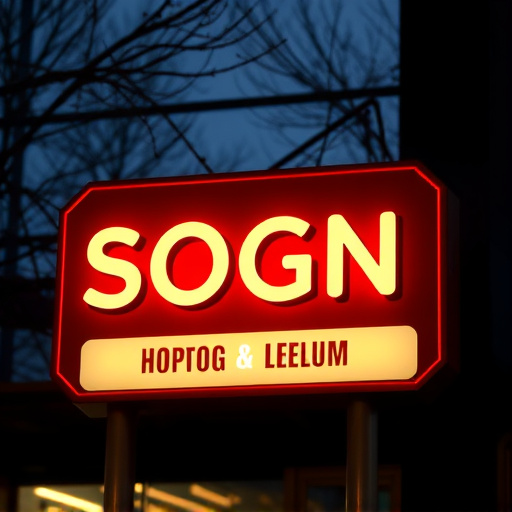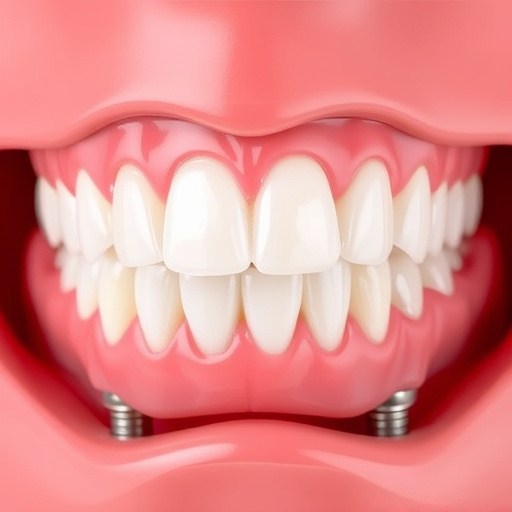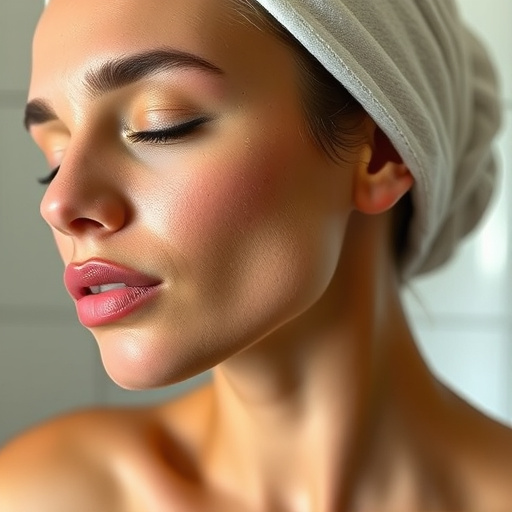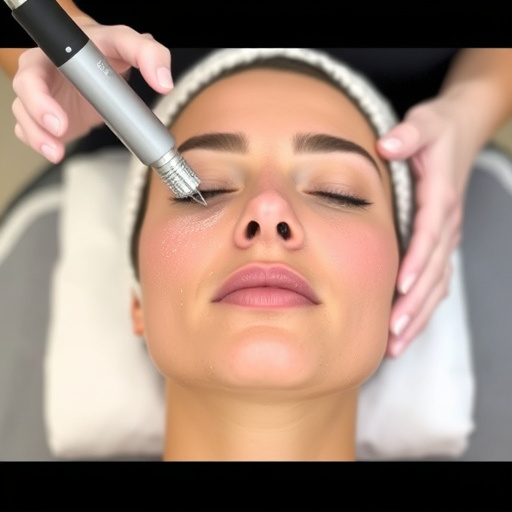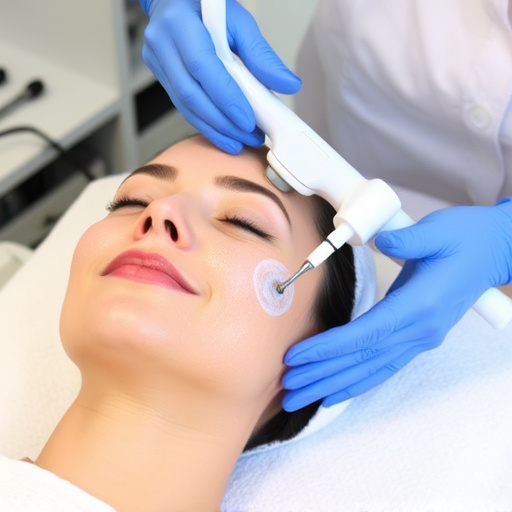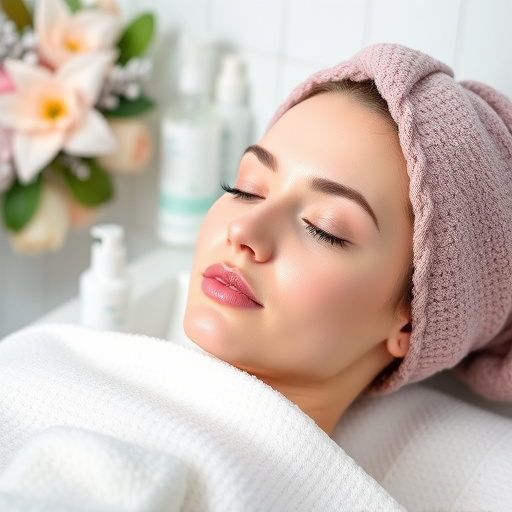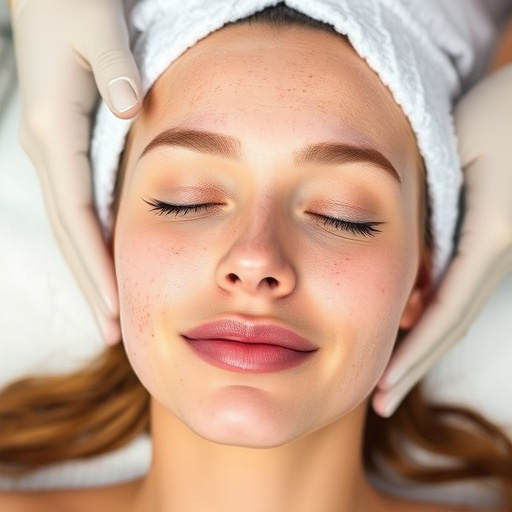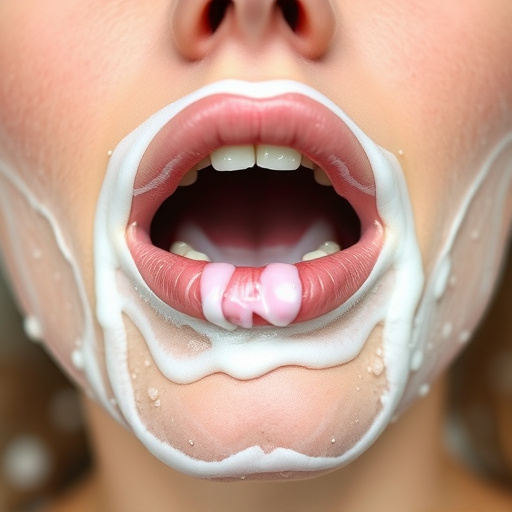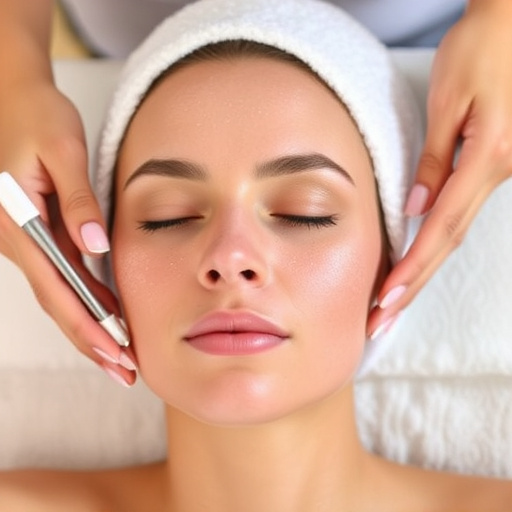Hormonal acne treatment clears misconceptions and offers various safe, effective options like chemical peels, targeted topical therapies, dietary changes, and prescription medications. Natural remedies focus on root causes while medical procedures target scars. Choosing between them depends on personal needs, severity, and health considerations.
“Unraveling the mysteries of hormonal acne treatment, this article aims to dispel common myths and provide insights into effective management strategies. Many misconceptions surround this topic, leading to confusion and potentially hindering proper care. We’ll explore the science behind hormonal acne, focusing on debunking popular myths. Furthermore, we’ll delve into the truth about potential side effects, compare natural alternatives with medical interventions, and offer guidance for making informed decisions regarding your skin health.”
- Debunking Common Misconceptions About Hormonal Acne Treatment
- The Truth Behind Side Effects and Risks
- Natural Alternatives vs. Medical Interventions: What Works Best?
Debunking Common Misconceptions About Hormonal Acne Treatment
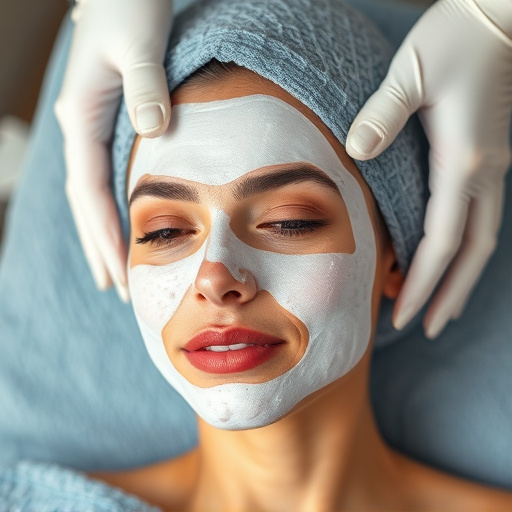
Many individuals with hormonal acne hold onto misconceptions that discourage them from seeking effective treatment. It’s time to debunk some of these common myths and clarify the facts about hormonal acne treatment, guiding you towards optimal skin health. One widespread misconception is that hormonal acne is untreatable or that it will inevitably worsen with age. This simply isn’t true; professional skincare treatments can significantly improve hormonal acne by addressing its root causes.
Another false belief is that all topical treatments are equally effective and may even suggest that oral medications or procedures like chemical peels are overly aggressive. However, different approaches cater to various skin types and severity levels. Chemical peels, for instance, can exfoliate the skin, unclog pores, and reduce inflammation, offering a targeted solution when combined with other hormonal acne treatment options such as professional skincare routines tailored to your needs.
The Truth Behind Side Effects and Risks
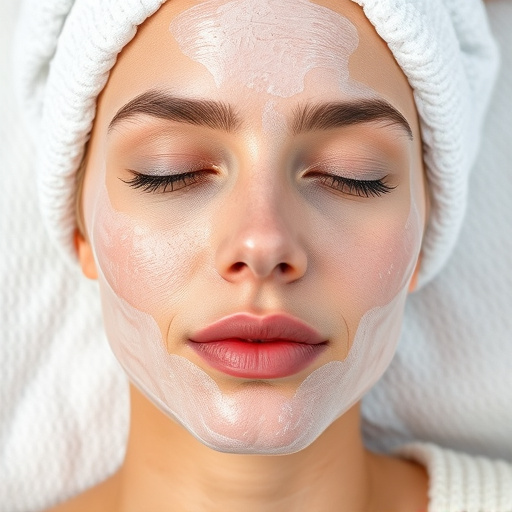
Many people avoid hormonal acne treatment due to perceived side effects and risks, but it’s essential to understand that these treatments have come a long way. Modern approaches, like medical spa services offering chemical peels and targeted therapies, are safer and more effective than ever before. While every medical procedure carries some level of risk, the benefits for managing severe hormonal acne often outweigh these potential drawbacks.
Misconceptions about side effects can stem from confusion about different treatment options or a lack of understanding of their application. For instance, while body contouring procedures are sometimes linked to hormonal acne treatments, they serve distinct purposes. Hormonal acne treatment focuses on addressing the root cause by regulating hormones, whereas body contouring is a cosmetic procedure aimed at reducing the appearance of unwanted fat or scars, which might result from chronic acne.
Natural Alternatives vs. Medical Interventions: What Works Best?
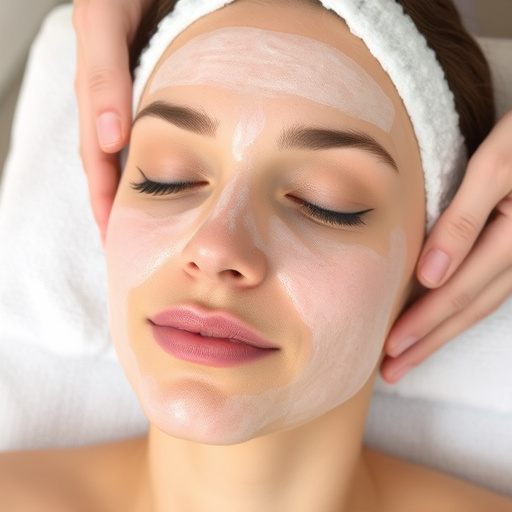
When it comes to tackling hormonal acne, many individuals often find themselves caught between choosing natural alternatives and opting for medical interventions. While both routes have their merits, understanding what works best depends on several factors unique to each person’s skin and needs. Natural remedies like dietary changes, incorporating topical treatments with ingredients like tea tree oil or azelaic acid, and adopting a gentle skincare routine can be highly effective in managing hormonal acne. These approaches focus on addressing the root causes rather than just masking symptoms.
On the other hand, medical interventions such as body contouring, microneedling therapy, or skin tightening procedures offer more direct targeting of acne scars and blemishes. Hormonal acne treatment through prescription medications like oral contraceptives or spironolactone can also be highly successful in regulating excess sebum production and reducing inflammation. The choice between natural alternatives and medical interventions ultimately lies in individual preference, the severity of the condition, and the presence of any underlying health considerations.
Understanding the myths surrounding hormonal acne treatment is a crucial step in navigating effective solutions. By separating fact from fiction, individuals can make informed decisions regarding their skin health. This article has aimed to demystify common misconceptions, shed light on potential side effects and risks, and explore natural alternatives alongside medical interventions. When it comes to hormonal acne treatment, knowledge empowers; choose evidence-based approaches tailored to your needs to achieve clear, healthy skin.




